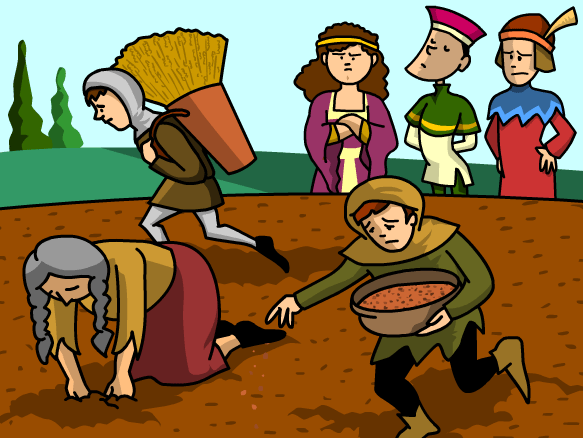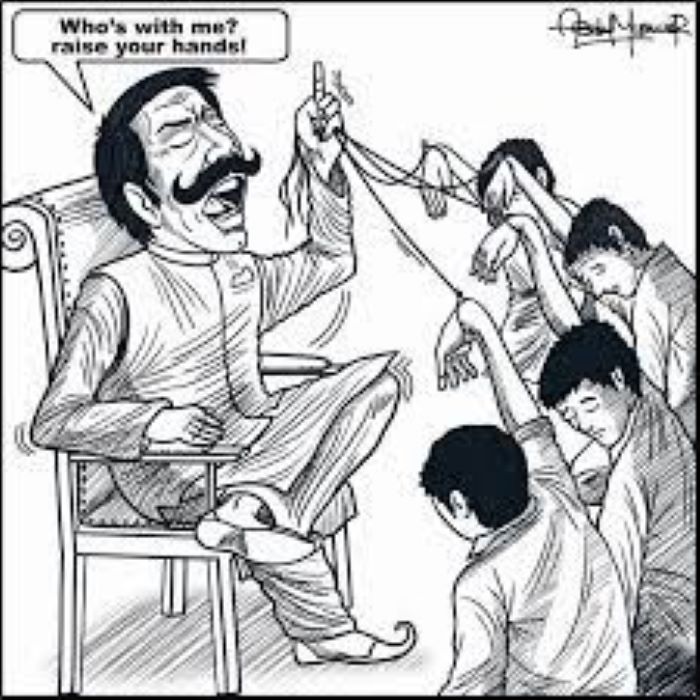
Issues of feudalism in Sindh will require comprehensive and sustained efforts to challenge the power dynamics and promote social justice and equality
Maria Khushk
Feudalism in Pakistan in general and Sindh province in particular, has been a long-standing and deeply entrenched social and economic system that has had a significant impact on the region. Here I will focus on the feudal system in Sindh which be traced back to the pre-colonial and colonial era when large landholdings were granted to powerful landlords by the ruling authorities. These landlords, known as “waderas,” have since held immense power and influence over the local population, shaping the social, economic, and political landscape of the region.
One of the key features of feudalism in Sindh is the concentration of land ownership in the hands of a few powerful families. These landholdings, often passed down through generations, have allowed the waderas to amass vast wealth and control over the agricultural resources of the region. As a result, the majority of the rural population in Sindh is dependent on these landlords for their livelihood, working as sharecroppers or laborers on the feudal estates.
The feudal system has also had a significant impact on the political dynamics of Sindh. The waderas, with their vast resources and networks, have been able to exert considerable influence over local politics, often using their power to secure political positions for themselves and their allies. This has led to a system of patronage and clientelism, where political loyalty is tied to the support and protection provided by the feudal landlords.
 Furthermore, the feudal system has contributed to the perpetuation of social and economic inequality in Sindh. The concentration of land ownership in the hands of a few powerful families has meant that the majority of the rural population has limited access to land and resources, perpetuating a cycle of poverty and dependency. This has also led to widespread social injustices, with the feudal landlords often exercising unchecked power over their tenants and workers.
Furthermore, the feudal system has contributed to the perpetuation of social and economic inequality in Sindh. The concentration of land ownership in the hands of a few powerful families has meant that the majority of the rural population has limited access to land and resources, perpetuating a cycle of poverty and dependency. This has also led to widespread social injustices, with the feudal landlords often exercising unchecked power over their tenants and workers.
In recent years, there have been efforts to challenge the feudal system in Sindh and address the issues of land reform and social justice. However, the entrenched nature of the feudal system and the political power of the waderas have made these efforts challenging and slow-moving. Additionally, the feudal landlords continue to resist any attempts at reform, using their influence to maintain the status quo.
Conclusion
Overall, feudalism in Sindh, Pakistan has had a profound impact on the social, economic, and political dynamics of the region. The concentration of land ownership in the hands of a few powerful families has perpetuated social and economic inequality, while the political influence of the waderas has shaped the local political landscape. Addressing the issues of feudalism in Sindh will require comprehensive and sustained efforts to challenge the power dynamics and promote social justice and equality in the region.
The poor people cannot dare to speak for their rights in the presence of waderas because they are afraid of losing their life or the lives of their loved ones. The waderas want their voters to be illiterate, backward, and economically dependent.
It’s prime responsibility of the educated people to raise voice for complete abolition of the feudal system and for the right of the poor. They should stand up and speak for those who don’t know their rights or who cannot speak for themselves intentionally or unintentionally.
_______________
 Maria Khushk is based in Hyderabad, Sindh. She is a freelance writer
Maria Khushk is based in Hyderabad, Sindh. She is a freelance writer
Maa shaa Allah very nice
MashAllah Good.